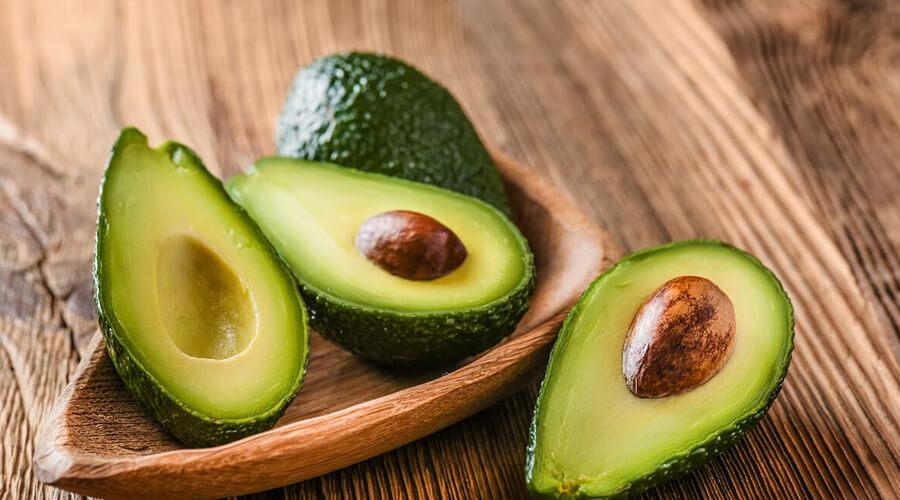



Soy:
If you eat it in moderation, it’s very good for the prostate. It is worth eating 1-2 tofu a week or drinking soya milk instead of cow’s milk.
Tomatoes should be eaten in the form of tomato juice and sauce, but without sugar. People who eat tomatoes regularly are less likely to develop prostate cancer.
It contains high levels of antioxidants, which are excellent cancer preventatives. It helps prevent the spread of cancer cells once they have developed. If you drink a cup in the morning and a cup in the afternoon, you’ve already done a lot for your health.
Moderate coffee consumption is good for the prostate. But don’t drink more than 3 cups a day, and preferably drink good quality coffee, without sugar. However, it is important to remember that prostatitis cannot be treated by drinking coffee. In fact, its consumption can increase urinary urgency and bladder activity to a lesser extent. This can be a problem for those who already suffer from the unpleasant symptoms of prostatitis, as frequent urination and increased bladder activity can cause further discomfort.
It can slow the spread of cancer and help prevent the development of prostate cancer.
Cabbage, cauliflower and Brussels sprouts are also very rich in nutrients and phytochemicals. They have a great cancer-preventive effect. A study shows that regular consumption is very important in the prevention of prostate cancer.
Avocados are high in beta-sitosterol and have been shown to help with prostate enlargement. It can also reduce urinary symptoms. It strengthens the immune system, but also has great anti-inflammatory and analgesic properties.
This green leafy vegetable is very rich in antioxidants. It helps to reduce prostate enlargement and can also treat the symptoms. Broccoli is a great superfood, anti-inflammatory and prevents tumours.
They contain high amounts of Omega-3 fatty acids which are essential for the body. Unfortunately, the body cannot produce them on its own, so they have to be taken in from outside. They protect the heart and have anti-inflammatory properties. They also reduce the risk of tumours.
Foods that reduce the size of the prostate include salmon, trout, sardines, tomatoes, berries, as well as nuts, broccoli, cauliflower and cabbage.
Other foods to avoid include red meat, fizzy drinks, chocolate, alcohol, salt and coffee.
Setting the right diet is not easy, so it is best to leave it to an expert. Nothing proves this better than the consumption of salt, for example. Our body needs it, but excessive consumption can have a negative effect, not only on the prostate but on the whole body.
The foods listed above could be called prostate-healing foods, but an overall improvement in diet can mainly contribute to prostate health. In the case of prostate health, it is recommended to consult a doctor to determine the exact diagnosis and treatment.

Although bananas are very healthy, if you have prostate problems, you may not be able to count on their benefits.
Regular exercise and a healthy diet are recommended to maintain prostate health. Research shows that a Mediterranean diet can help maintain prostate health. The prostate diet includes lower proportions of widely processed foods, higher amounts of fruits, vegetables, whole grains, fish, lean meats and low-fat dairy products. It is also recommended to eat foods rich in omega-3 fatty acids, such as salmon and sardines. Other recommendations include increasing dietary fibre intake and drinking green tea. In addition, smoking and excessive alcohol consumption should be avoided as these habits can negatively affect prostate health.
There are many medicines and products available to treat prostate disease, but the best treatment will always depend on the type of disease, its severity and individual characteristics. It is therefore advisable to consult a doctor to determine the most appropriate treatment. Do not choose medicines on your own, especially for the prostate, as this can lead to serious complications.
In the case of dietary supplements, research has shown that some plant extracts such as grape seed extract, quercetin and green tea extract, as well as pumpkin seed oil, can generally help to maintain prostate health.
It is important that an accurate diagnosis is made by visiting your doctor!
Frequent urinary urgency: An enlarged prostate can put pressure on the bladder and urethra, which can lead to frequent urinary urgency. Urinary urgency may also increase at night.
Difficulty urinating: Blocked urethra may make urine flow more difficult and urination may be slow and weak. This condition is known as dysuria.
Urinary retention: Due to an enlarged prostate, the bladder cannot empty completely, which can lead to urinary retention.
Urine dribbling during coughing or sneezing: Due to the enlargement of the prostate, the urethral sphincter may weaken, leading to urine dribbling during coughing or sneezing, for example.
Blood in the urine: Bloody urine may occur less frequently due to BPH, but it may be rare.
Difficulty passing urine: Due to an enlarged prostate, urination may be obstructed and only partially or not at all possible.
Urinary tract infections: Difficulty passing urine increases the risk of urinary tract infections.
The prostate is a tiny, walnut-shaped gland in the male body, located under the bladder and surrounded by the urethra. Although diseases of the prostate can cause unpleasant symptoms, the prostate itself does not hurt. Problems with the prostate usually cause pressure or inflammation in surrounding tissues and organs, which in turn can cause pain.
The development of prostatitis or prostatitis can be linked to a number of factors and the causes are not always easy to identify.
Acute prostatitis usually develops as a result of a bacterial infection, which can have a number of causes:
Urinary tract infection: bacterial infections, such as bladder or urethral infections, that spread to the prostate.
Urinary retention: Urinary retention can make it easier for bacteria to multiply in the urinary tract and prostate.
Catheter use: Infections associated with catheters used for long periods of time can also cause acute prostatitis.
In chronic prostatitis, the underlying causes can be more complex and are often non-bacterial.
Bacterial infection: although chronic prostatitis is not always bacterial, in some cases bacterial infection can become chronic and cause long-term inflammation of the prostate.
Autoimmune reactions: the body’s autoimmune response can also play a role in the development of prostatitis, where the immune system mistakenly attacks the tissues of the prostate.
Urinary tract irritation: excessive consumption of certain irritants, such as alcohol, coffee or spicy foods, and prolonged periods of sedentary work can also contribute to the development of prostatitis.
Hormonal imbalances: Hormonal changes or imbalances can also influence the development of prostatitis.
Sexually transmitted infections: Some sexually transmitted infections have also been linked to the development of prostatitis.
There are many options for treating enlarged prostates, including lifestyle changes, medications and surgery.
Lifestyle changes:
Diet: developing a healthy diet that includes high fibre foods, fruits, vegetables and whole grains.
Physical activity: incorporate regular exercise as it can help maintain overall health and relieve symptoms.
Medications:
Alpha-blockers: This is the best prostate medication. These drugs can help relieve symptoms associated with prostate enlargement.
5-alpha-reductase inhibitors: These drugs help reduce the size of the prostate and symptoms.
Surgical intervention:
Transurethral resection (TURP): This is a procedure to partially remove the prostate.
Laser therapy: an intervention using a laser to remove or destroy prostate tissue.
It is important to note that it is always advisable to consult a doctor or a specialist about any medical problem!